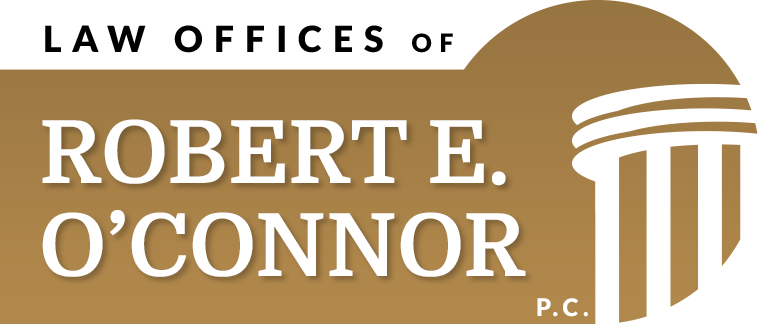How Life Insurance Works with Estate Planning

When considering your estate plan, life insurance might not be the first tool that comes to mind—but it should be. Estate planning with life insurance provides security, liquidity, and a way to meet your family’s long-term goals.
Why Life Insurance is an Essential Estate Planning Tool
Life insurance benefits your estate planning efforts in several ways:
- Immediate liquidity: Life insurance provides direct funds, which beneficiaries can use to pay funeral costs, outstanding debts, or estate taxes. Without this, your heirs may need to sell assets quickly to cover these expenses.
- Bypassing probate: Life insurance benefits typically go directly to named beneficiaries without going through probate. This ensures your loved ones receive funds promptly without public scrutiny or delays.
- Ensuring fair distribution: In cases where dividing assets isn’t straightforward—like passing down a family business—life insurance promotes a more equal inheritance for each heir. This avoids disputes and ensures everyone is treated fairly.
- Creating a legacy: Naming a charity as the beneficiary establishes a lasting legacy while keeping other estate assets intact for your family.
Types of Life Insurance to Consider for Estate Planning
Different life insurance policies serve different purposes. Here are the primary options to consider:
- Term life insurance: This is the most straightforward and affordable option. It provides coverage for a set period, such as 10, 20, or 30 years, and pays out a death benefit if you pass away within that term.
- Whole life insurance: As a permanent life insurance option, whole life provides coverage for your entire lifetime as long as premiums are paid. It also builds cash value over time, which can be borrowed against during your lifetime. Estate planning with whole life insurance is popular because of its reliability and long-term benefits.
- Universal life insurance: The added flexibility of universal life lets you adjust the premium payments and death benefits within certain limits, a good choice for evolving financial needs. This policy also builds cash value, which grows based on interest rates.
- Variable life insurance: If you’re looking for both insurance and investment opportunities, variable life could be a good fit. It includes a death benefit and a cash value component that can be invested in various funds. While this offers the potential for higher returns, it also comes with greater financial risk.
- Indexed universal life insurance: This hybrid policy ties its cash value growth to the performance of a stock market index, such as the S&P 500. It offers a balance between potential growth and protection from market downturns. Indexed universal life is appealing to those seeking moderate risk and growth potential in their estate plan.
Secure Your Legacy
Working with a financial planner and an estate planning attorney is the best way to align your life insurance choices with your overall estate planning goals. The Law Offices of Robert E. O’Connor, P.C. can guide you through selecting a policy, drafting estate planning documents, and more. Contact us today for a free consultation at our office in Media, PA.
